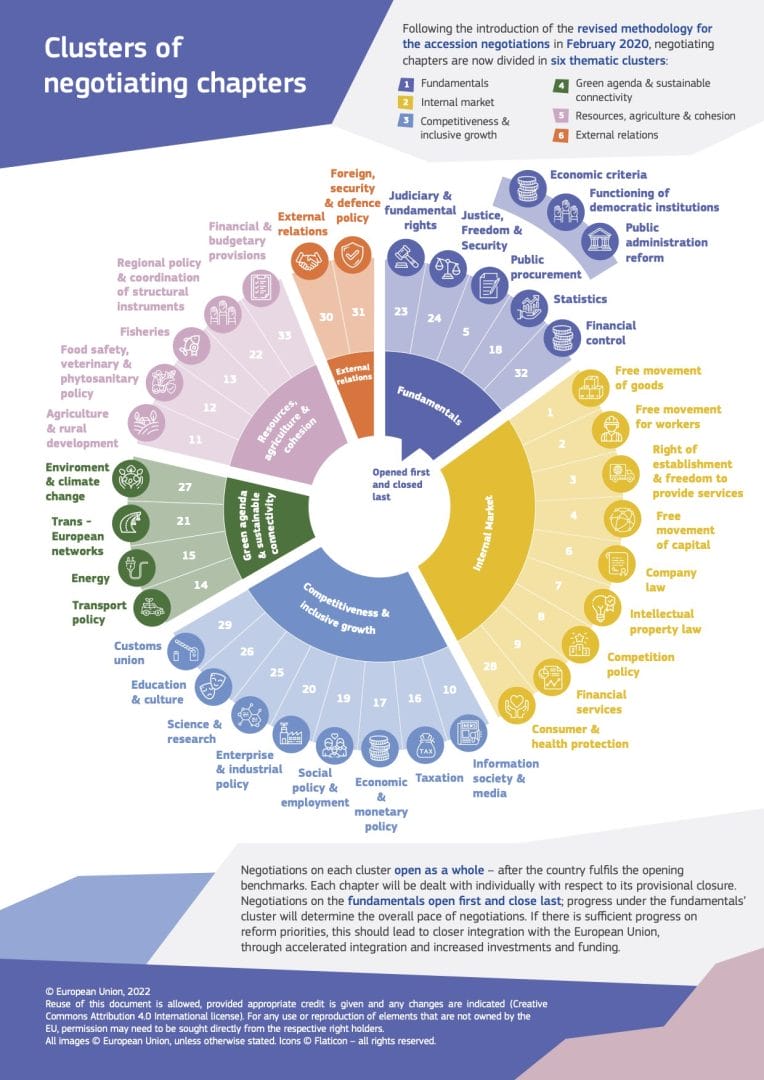This website uses cookies so that we can provide you with the best user experience possible. Cookie information is stored in your browser and performs functions such as recognising you when you return to our website and helping our team to understand which sections of the website you find most interesting and useful.
How will European integration affect local self-government in Ukraine?
Key takeaways from the second day of the course “EU Integration: Impact and Opportunities for Communities” by the Сities4Сities and the Swedish-Ukrainian Polaris Programme “Supporting Multilevel Governance in Ukraine.”
Lecturers: Marta Suprun, Cities4Cities expert on EU integration advocacy, and David Young, Senior Advisor at SALAR International.

70% of EU legislation directly influences local development in member states
Some EU policies are particularly complex to implement and pose significant challenges for communities. The European Green Deal, for example, requires massive investments – around €520 billion between 2021 and 2030. On average, each of the 27 EU member states must invest €19 billion annually to implement this policy. According to the European Committee of the Regions, 8 out of every 10 euros spent on the Green Deal are allocated at the local level.
There are aspects important for local self-government in almost every chapter of EU legislation, of which there are 34 (image below). The following chapters have the most obvious impact on local self-government:
- Chapter 5. Public Procurement
- Chapter 8. Competition Policy
- Chapter 11. Agriculture and Rural Development
- Chapter 19. Social Policy and Employment
- Chapter 20. Enterprise and Industrial Policy.
- Chapter 22. Regional Policy and Coordination of Structural Instruments
- Chapter 23. Judiciary and Fundamental Rights
- Chapter 27. Environment
- Chapter 28. Consumer and Health Protection
At the same time, the more decentralised a country is and the greater the powers of communities, the greater the influence of EU and local legislation.

For example, EU state aid rules stipulate, among other things, that no preferences should be granted to any private companies in order to avoid violating free market rules within the EU. These rules also apply to the allocation of any EU funds, as they are also classified as state aid. Such rules create many practical challenges for local governments.
For example, Åre Municipality in Sweden, when modernising a city square, asked a supermarket to sell them a building, and in return offered the business another building at a reduced market value. This led to a complaint from another company, which offered a higher price, to the European Commission, which determined that the municipality’s actions were in breach of state support rules. It took the municipality 6 years to defend this decision in the EU Court of Justice, but it had negative consequences for the supermarket, which was a significant local business.
In addition, the state support rules will have a significant impact on the functioning of local utilities, which will be able to compete with private and public companies from across the European Union. Usually, such utilities get access to municipal property at a reduced price, and some services are free of charge. This can also lead to lawsuits. Although the EU has demonstrated sensitivity to local development issues, municipalities should carefully plan their own strategy to address such issues in the future.
The impact of EU legislation on the local level includes:
- Direct benefits from EU-funded projects under the Cohesion Policy (Chapter 22 of the EU acquis) and other programmes, including improved standards (e.g. of the environment) and improved quality of life;
- Reducing the cost of goods and services by increasing market access (or increasing transparency in the use of public funds) through the introduction of EU procurement standards (Chapter 5);
At the same time, it should be noted that EU integration also means:
- Increased costs of compliance with European standards (or in case of non-compliance, legal issues and fines);
- Possible delays and failures in service delivery due to increased bureaucratic procedures;
- Higher demands on the public service and improvement of local policies.
About the Role of Associations
Despite the fact that communities have an undeniably important role to play in the implementation of European policies, the experience of countries that have followed the path of European integration before Ukraine shows that governments of candidate countries tend to significantly downplay their role in the process,’ says David Young, Senior Advisor at SALAR International.
For example, it took several years for most candidate countries in Southeast Europe to include representatives of local government associations in negotiating groups for chapters of EU legislation that have a particular impact on local development. By the way, Ukraine is facing the same challenge today. The negotiation groups for the 6 clusters formed at the end of 2024 do not include representatives of either local governments or relevant associations.
‘Local government associations play a crucial role in lobbying for the interests of local governments both during the negotiation process and during EU membership. For the most part, their work is not so much about communicating with EU institutions as it is about working with their own national government,’ says David Young, Senior Advisor at SALAR International.
About Risks
-
Penalties
Taking into account the views of local governments in the process of implementing legislation is important to ensure that commitments are realistic in the accession negotiations and that the necessary exceptions are provided for when sufficient justification is provided. Failure of a member state to comply with the requirements of European legislation results in penalties imposed by the Court of Justice of the European Union.
A striking example of this is Romania’s experience with the requirements for the closure of solid waste landfills. In accordance with Romania’s accession agreement with the EU, an exception was agreed for 101 solid waste landfills, for which an extended period of 10 years was set for closure. In 2018, the EU Court of Justice imposed a fine on Romania in the amount of €1.5 million + €500 per day for each unclosed landfill. As of the date of the judgment, there were 31 such landfills in Romania.
Given that litigation between the EU and its member states is a common practice, it is very important to use the time provided by the terms of the agreement and the EU’s investments to best modernise the areas in which the country has obligations to the EU.
-
Recentralisations
Moreover, if a country’s failure to fulfil its obligations is linked to the inability of local governments to comply with the law, this may reinforce the tendency to re-centralise power in the member state.
-
Inability to Absorb EU Funds
In addition, the unpreparedness of local governments and the country as a whole for EU membership has a clear negative impact on the ability of the local level to absorb EU funds.
For example, Croatia was not able to immediately attract sufficient funds to implement the European rural development policy because a significant amount of these funds are allocated to support Local Action Groups (LAGs), which consist of representatives of local authorities, business and the public – such groups are set up in accordance with the European LEADER methodology – and at the time of accession the number of established groups was quite small.
How communities and local self-government associations can prepare
- Raise awareness of EU legislation among local government officials (many problems arise from a lack of basic awareness);
- Participate in training offered by national institutions and international technical assistance projects. The importance of including local self-government in such exercises should be regularly communicated to the central government;
- Analyse the impact of EU legislation on local self-government in Ukraine, taking into account our administrative structure and distribution of powers. The experience of countries that are also on the path to the EU or that have recently become EU members will be useful here;
- Participate in the programming and monitoring of EU funds (e.g. sectoral working groups, monitoring committees for cross-border projects).
- Advocate for measures to ease financial constraints on local government participation in EU-funded projects (e.g. co-financing fund, financial mechanisms to help with ‘pre-financing’).
- Create networks of officials in municipalities responsible for European integration in its various aspects (e.g. water, waste, etc.).
- Participate in negotiation groups and lobby for the inclusion of local government representatives in such groups.
There is also an opportunity to register for the Cities4Cities course “EU Integration: Impact and Opportunities for Communities”. This course will enhance your confidence in engaging with European-level initiatives, help you negotiate more effectively with international partners, and enable you to define your development priorities more clearly for the coming years.
The course is supported by Sweden’s flagship programme for Ukraine Polaris “Supporting Multilevel Governance in Ukraine”.
Cities4Cities | United4Ukraine are partner initiatives that joined forces in September 2022. Cities4Cities was founded by the city of Sindelfingen (Germany) under the patronage of the Congress of Local and Regional Authorities of the Council of Europe. United4Ukraine was initiated by SALAR International and the city of Lviv, with support from the Swedish International Development Cooperation Agency (Sida). Since 2024, Cities4Cities | United4Ukraine has been part of Sweden’s flagship programme for Ukraine Polaris “Supporting Multilevel Governance in Ukraine”
